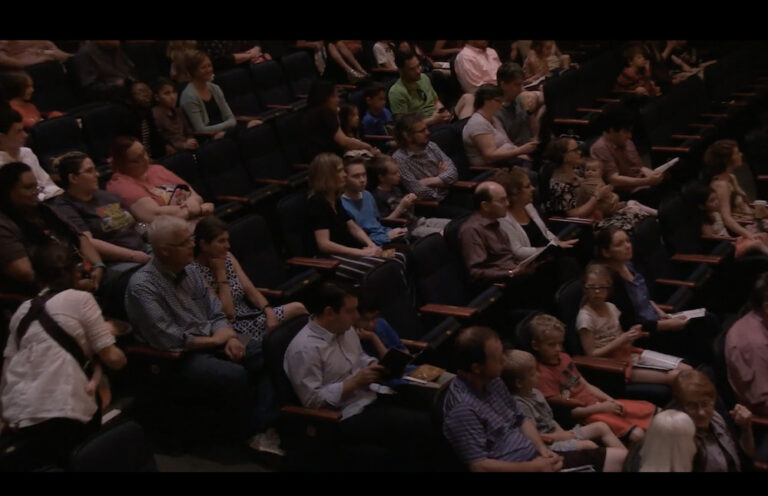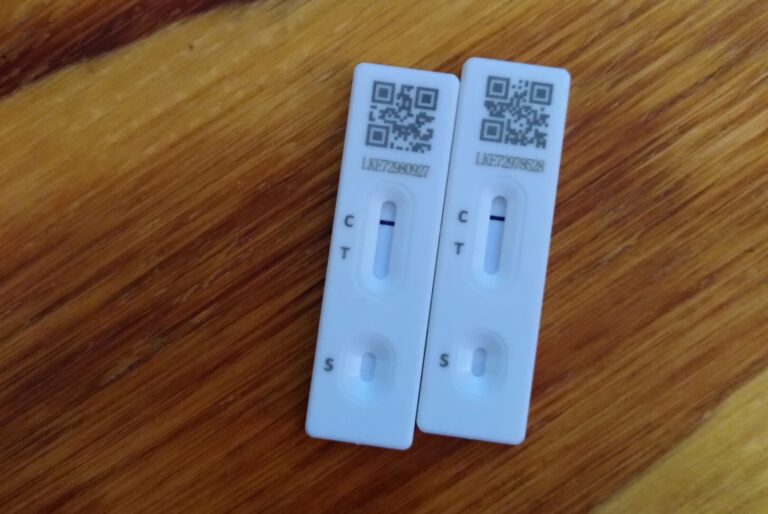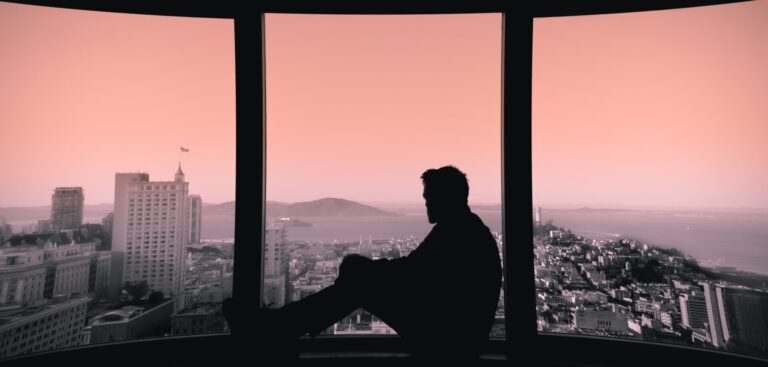Andrew Culp and the Cultural Studies Association’s Performance Working Group Co-Chair Hui Peng discuss “relaxed performance” with Leigh Jackson, Director of Accessibility & EDI Programming at People’s Light outside of Philadelphia, and Dr. Hannah Simpson, Lecturer at the University of Edinburgh and author of Samuel Beckett and Disability Performance (Palgrave, 2022). This podcast is accompanied by a scholarly commentary by Patrick McKelvey.
Keyword: ableism
Let’s Relax!
Andrew Culp and the Cultural Studies Association’s Performance Working Group Co-Chair Hui Peng discuss “relaxed performance” with Leigh Jackson, Director of Accessibility & EDI Programming at People’s Light outside of Philadelphia, and Dr. Hannah Simpson, Lecturer at the University of Edinburgh and author of Samuel Beckett and Disability Performance (Palgrave, 2022). This podcast is accompanied by a scholarly commentary by Patrick McKelvey.
Only Together, We Flourish: The Importance of Friendship and Care in Navigating Anti-Asian Hate and Shielding During COVID-19
The COVID-19 pandemic and the response of the government of the United Kingdom have exacerbated deep-seated inequalities. People of color and disabled people have been disproportionately impacted during the pandemic. This essay has two authors, Sophie, a white disabled academic from England, and Denise, an Asian music therapist from Hong Kong; we are friends who live in Bristol. By examining our understanding of the pandemic through our lived experiences and identities, we provide transparency for engaging with our individual and shared perspectives. We use Mia Mingus’s concept of access intimacy to characterize our friendship as one which prioritizes accessibility and a deep understanding of each other’s realities whilst respecting and learning from our differences. We explore the idea of vulnerability and what it means to be made vulnerable during COVID, as well as the notion of ungrievability. Through engaging the concept of embodied belonging we address care as a necessity in response to all the ways in which this pandemic has highlighted and exacerbated vulnerability, ungrievability, and challenges to finding a sense of belonging. We demonstrate solidarity, empathy, joy, love, respect, and a deep reverence for each other and our journeys through hostile environments, providing a counterpoint to the neoliberal structures of oppression as we find ways to live, create, and flourish.
Coalition-In-Progress: Found Poetry Through Phone Calls with People Labelled/With Intellectual Disability During the COVID-19 Pandemic
For institutional survivors and their younger peers labelled/with intellectual disability, the COVID-19 pandemic and its related lockdowns carry over past experiences under government-directed isolation and mandatory medical interventions. The sudden convergence of past and present necropolitical ableism in labeled persons’ lives colours this crisis, as we—a group of survivors, younger labeled people (who have not lived in institutions), and researcher/allies—attempt to simply stay in touch amid digital divides that cut off our once vibrant, interdependent in-person activities. No longer able to gather, and with limited Internet (or no) access, we resist social abandonment through phone calls. During phone conversations we discuss the affective contours of this time: grief over the past, loss of agency, restrictive rules in group homes, the dynamics of protest, fear sparked by public health orders, and a mix of anxiety and hope about the future. Taking this telephone-based dialogue as evidence of our lives in these times, we present a brief body of collectively written found poetry, a form of poetic inquiry composed of phone call snippets. This piece, coauthored by twenty members of the “DiStory: Disability Then and Now” project in Toronto, Canada, offers a snapshot of coalition-in-process, keeping in touch amid a crisis that threatens our togetherness and—for some more than others—our lives. Following Braidotti, we couch this found poetry in a brief commentary on our slow, in-progress attempt to “co-construct a different platform of becoming” with one another amid a divergence of historical and contemporary inequities.
Roundtable: Crip Student Solidarity in the COVID-19 Pandemic
This roundtable shares the first-hand experiences of five crip, disabled, Mad, and/or neurodivergent doctoral students navigating academia in so-called Canada during the COVID-19 pandemic. While we discuss and theorize our experiences of ableism, structural oppression, and inaccessibility in the academy, we also highlight the world-building experiences of solidarity that have emerged for us in crip community, and in particular among fellow crip graduate students. We consider the ways that crip students open up potential for new ways of learning and being by challenging dominant norms of academic productivity, and we also consider what is lost when these students are pushed out of academic spaces. By engaging in “collective refusal” of the conditions that harm disabled and otherwise marginalized students, new possibilities emerge for connection, community, and radical change. The virtual conversation transcribed here took place over Discord, email, and Google Docs in autumn of 2021 and early winter 2022. This piece embraces multi-tonality, that is, a range of different voices and ways of writing, speaking, and communicating. It is a conversational piece that intentionally blends varied approaches to knowledge-sharing: polemic, citationally-grounded, and personal anecdotes drawn from our diverse lived experiences. There are a number of different themes woven throughout the text, including anecdotes and personal history, solidarity, ableism in the academy, pessimism/failure, community/interdependence/intimacy, and utopia/futurity/demands for the future. While not intended to provide policy guidance or step-by-step instructions for changing academic culture, we also begin to sketch out some of our dreams for an alternative future for disabled scholars. We discuss imagined futures and possibilities, and ask, is a truly crip and/or accessible academic institution possible?



